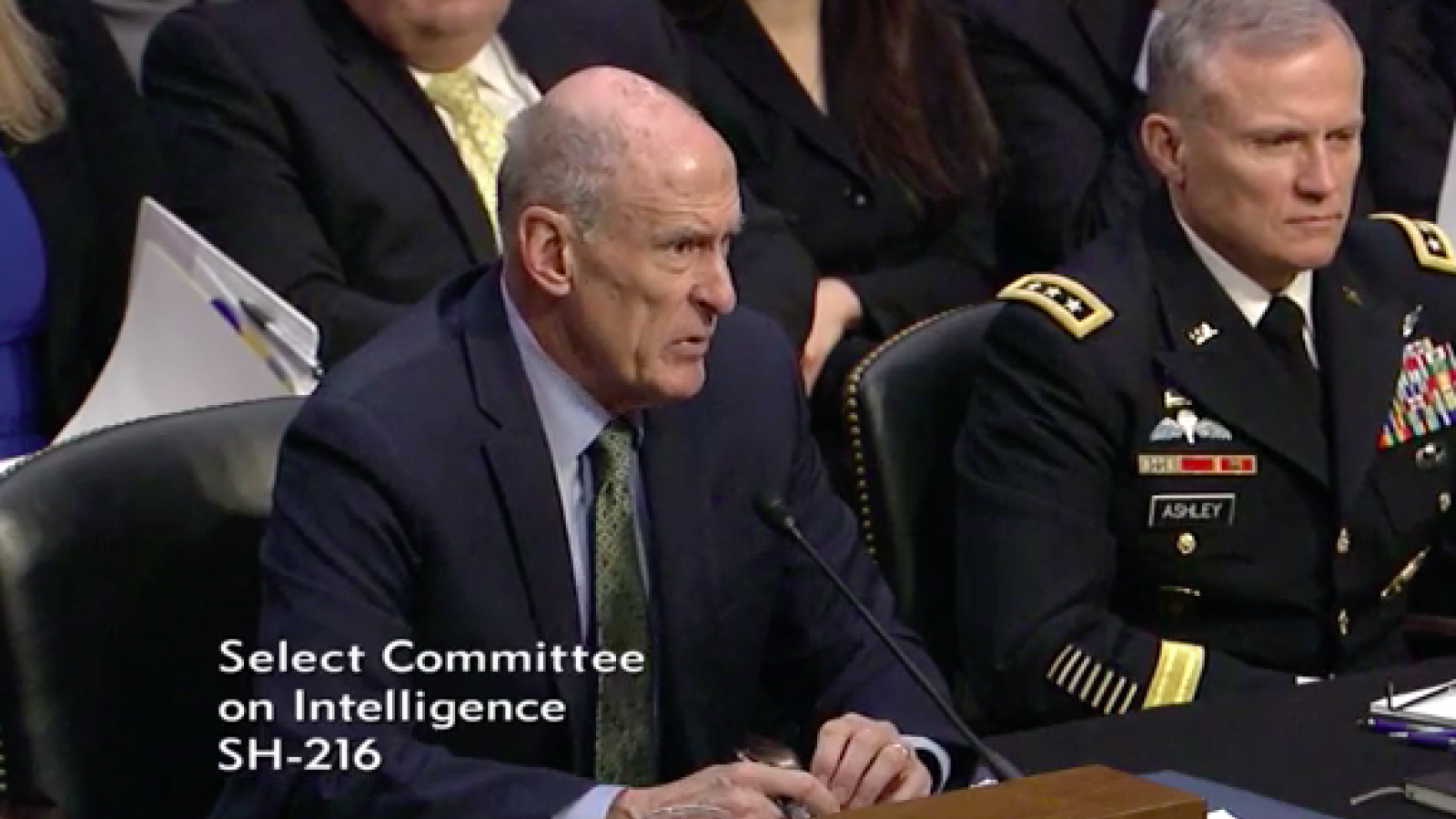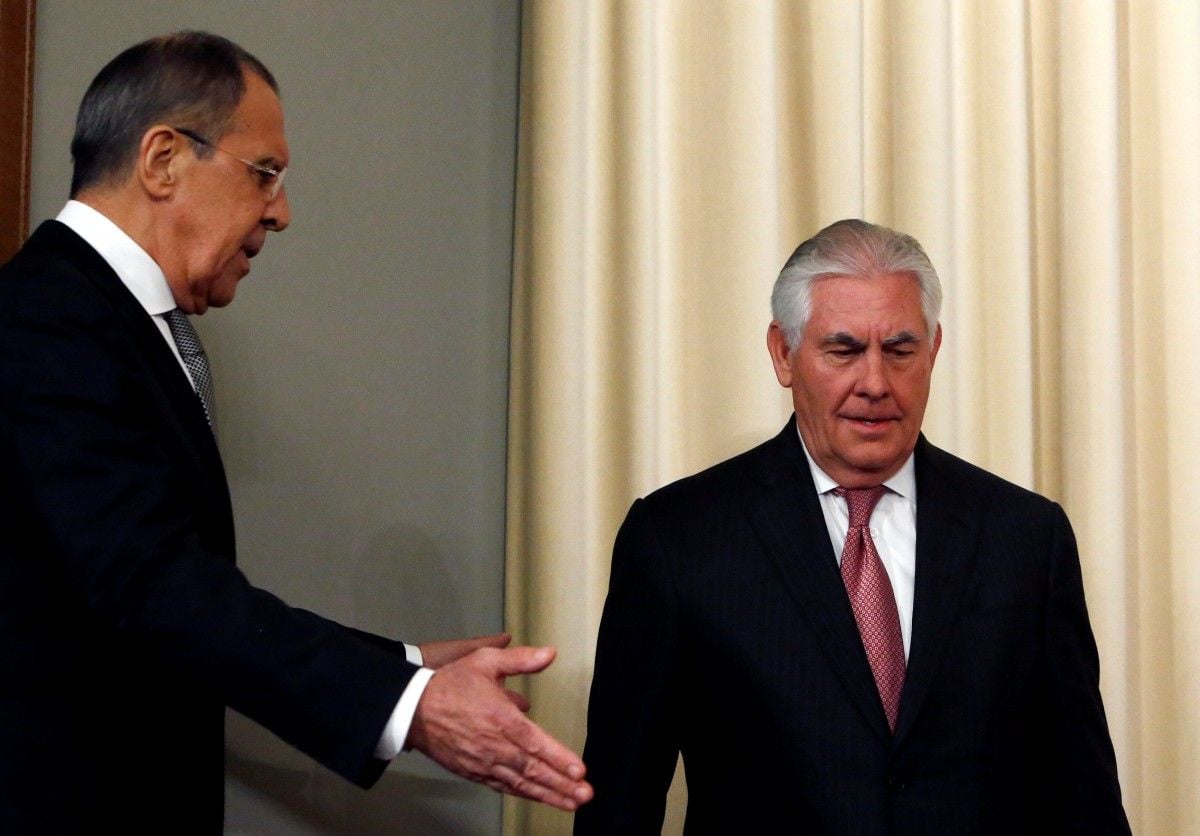The Senate defeated a GOP proposal based on President Donald Trump’s immigration framework.
The plan would have offered a path to citizenship for “Dreamers” and increased border security while also cutting legal immigration.
The vote was 39-60, with 60 votes needed for approval.
I say GOOD. It was fraught with loopholes and the actual number of illegals in question remained unknown.
Meanwhile, there is more going on with the whole sanctuary city thing. Hold on, you wont like this.
In 2017, State Atty. Gen. Xavier Becerra on Wednesday filed a brief in support of a Santa Clara County lawsuit challenging President Trump’s executive order targeting “sanctuary” cities that refuse to help federal authorities enforce immigration laws.
The amicus brief cites Trump’s threat to withhold federal funds from sanctuary cities and counties as well as the state’s interest in protecting state laws and policies that promote public safety and protect the constitutional rights of residents, Becerra said.
*** It gets worse… to read how the brief is cherry-picked on facts, go here.
So, there is a pile of companies that have filed an amicus brief against the Trump administration position on sanctuary cities.
The full list of tech companies (and a few others) that signed the amicus brief opposing President Trump’s executive order on immigration.
The full brief is available online.
1. AdRoll, Inc.
2. Aeris Communications, Inc.
3. Airbnb, Inc.
4. AltSchool, PBC
5. Ancestry.com, LLC
6. Appboy, Inc.
7. Apple Inc.
8. AppNexus Inc.
9. Asana, Inc.
10. Atlassian Corp Plc
11. Autodesk, Inc.
12. Automattic Inc.
13. Box, Inc.
14. Brightcove Inc.
15. Brit + Co
16. CareZone Inc.
17. Castlight Health
18. Checkr, Inc.
19. Chobani, LLC
20. Citrix Systems, Inc.
21. Cloudera, Inc.
22. Cloudflare, Inc.
23. Copia Institute
24. DocuSign, Inc.
25. DoorDash, Inc.
26. Dropbox, Inc.
27. Dynatrace LLC
28. eBay Inc.
29. Engine Advocacy
30. Etsy Inc.
31. Facebook, Inc.
32. Fastly, Inc.
33. Flipboard, Inc.
34. Foursquare Labs, Inc.
35. Fuze, Inc.
36. General Assembly
37. GitHub
38. Glassdoor, Inc.
39. Google Inc.
40. GoPro, Inc.
41. Harmonic Inc.
42. Hipmunk, Inc.
43. Indiegogo, Inc.
44. Intel Corporation
45. JAND, Inc. d/b/a Warby Parker
46. Kargo Global, Inc.
47. Kickstarter, PBC
48. KIND, LLC
49. Knotel
50. Levi Strauss & Co.
51. LinkedIn Corporation
52. Lithium Technologies, Inc.
53. Lyft, Inc.
54. Mapbox, Inc.
55. Maplebear Inc. d/b/a Instacart
56. Marin Software Incorporated
57. Medallia, Inc.
58. A Medium Corporation
59. Meetup, Inc.
60. Microsoft Corporation
61. Motivate International Inc.
62. Mozilla Corporation
63. Netflix, Inc.
64. NETGEAR, Inc.
65. NewsCred, Inc.
66. Patreon, Inc.
67. PayPal Holdings, Inc.
68. Pinterest, Inc.
69. Quora, Inc.
70. Reddit, Inc.
71. Rocket Fuel Inc.
72. SaaStr Inc.
73. Salesforce.com, Inc.
74. Scopely, Inc.
75. Shutterstock, Inc.
76. Snap Inc.
77. Spokeo, Inc.
78. Spotify USA Inc.
79. Square, Inc.
80. Squarespace, Inc.
81. Strava, Inc.
82. Stripe, Inc.
83. SurveyMonkey Inc.
84. TaskRabbit, Inc
85. Tech:NYC
86. Thumbtack, Inc.
87. Turn Inc.
88. Twilio Inc.
89. Twitter Inc.
90. Uber Technologies, Inc.
91. Via
92. Wikimedia Foundation, Inc.
93. Workday
94. Y Combinator Management, LLC
95. Yelp Inc.
96. Zynga Inc.
ADDED Feb. 6, 2017
97. Adobe Systems Inc.
98. Affirm, Inc.
99. Ampush LLC
100. Brocade Communications Systems Inc.
101. Bungie, Inc.
102. Casper Sleep, Inc.
103. Cavium, Inc.
104. Chegg, Inc.
105. ClassPass Inc.
106. Coursera
107. EquityZen Inc.
108. Evernote
109. Gusto
110. Handy Technologies, Inc.
111. HP Inc.
112. IAC/InterActive Corp.
113. Linden Lab
114. Managed by Q Inc.
115. MobileIron
116. New Relic, Inc.
117. Pandora Media, Inc.
118. Planet Labs Inc.
119. RPX Corporation
120. Shift Technologies, Inc.
121. Slack Technologies, Inc.
122. SpaceX
123. Tesla, Inc.
124. TripAdvisor, Inc.
125. Udacity, Inc.
126. Zendesk, Inc.
127. Zenefits





